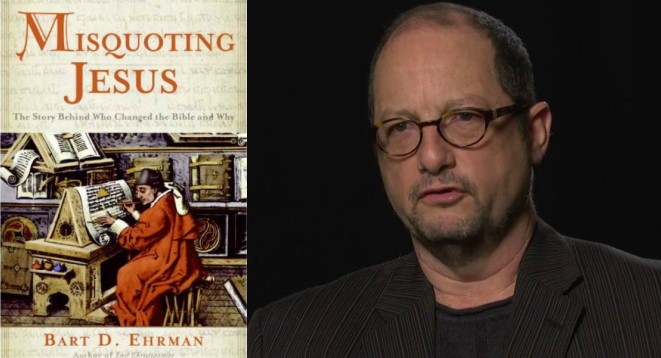How to follow the Bible literally.
Writer A. J. Jacobs embarked upon a one-year attempt to follow all of the rules in the Bible. To do so, he first wrote down every rule he spotted in the Bible (he came up with 700). Following those rules was difficult, however, especially when he didn't quite understand them. For instance, where are the "corners" of one's beard? Though his talk is often humorous, Jacobs reveals some serious epiphanies he had along the way. For instance, he found that his behavior sometimes changed his thoughts (he found that visiting sick people made him more compassionate rather than the other way around). He learned to give thanks for the hundreds of things that went right every day, rather than focusing on the few things that went wrong. He learned to have reverence for many aspects of his life, even though he remained an agnostic through the whole experience. He also learned that he shouldn't completely dismiss that which is irrational, and we all have irrational aspects of our lives (is blowing out birthday candles on a cake rational?). You'll enjoy Jacobs' understated delivery and his respect for those who are different. His talk is well worth a viewing, no matter where you fall on the belief continuum.


